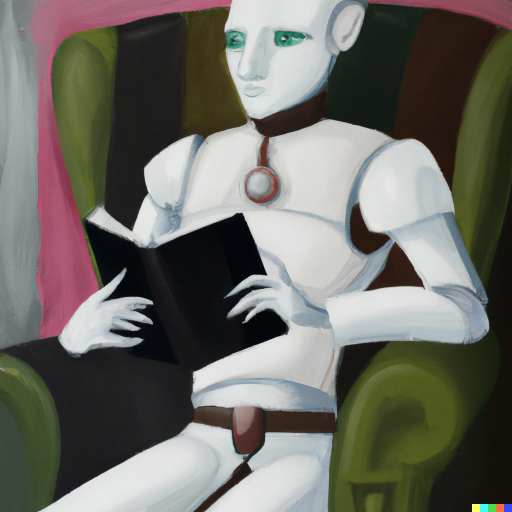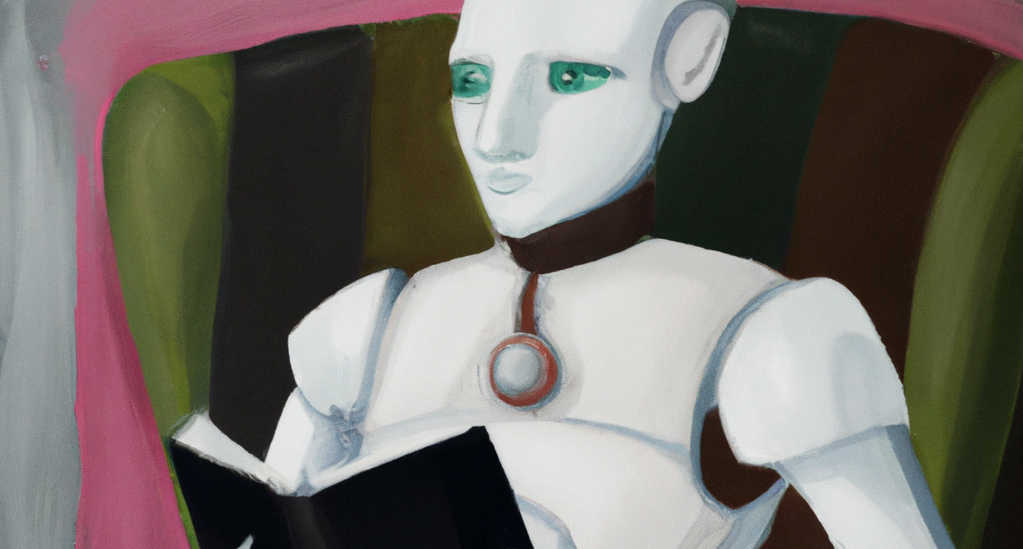I like writing. I like writing about everything. About journeys, my biking trips, about people I meet, about mathematics, events that I visit, about my teaching.
Writing is a very personal experience, I mostly write without any clear goal. Sometimes I write something that I want to share with the outside world, my friends, colleagues, and everyone else who happens to stumble on the link to my post. I prepare it with care and read it multiple times, I do my best to consider the background and interests of my intended readers. But even in this case, when I write because I want to share something, some selfish motives still remain. Namely, to put my thoughts in order. It is funny that I start writing because I want to share something but I end up selfishly organising my thoughts.
As said before, I really like writing about people. About their stories, or about what their stories could be. After working for five years in academic and popular science writing I realize that when scientists write, even when they want to popularize their science, people are often absent from their stories. The story is about the information. I don't find this surprising, scientific publications are about the discoveries, about the facts and how someone came to them. They are not personal stories. The interesting scientific discoveries, some cool experiments and phenomena, and interesting mathematical results are the central characters of these articles.
Discoveries, theories, mathematical proofs, and amazing experimental findings leave from their creators when they are written down in books and communicated to other people. Like the epic poems of ancient civilizations, many creators are forgotten, they were communicated mouth to mouth and survived through time. Although I understand this abstract informative way of writing, I also find it a pity. Because it is not the most appealing and educative way to communicate science to other audiences. In the end, science is a human activity, people make discoveries and should also be present in the stories about science.
Writing in an informative abstract manner fosters the perception that science is a very formal and dry activity, with no room for emotions. But if you have a look at the history books you will realize that science is full of superstitions, emotions, conflicts, and quite some drama. So why do we focus so much on conveying the information? I want to also learn about the hobbyist mathematician who solved an open problem, about biologists who travelled to jungles, and about chemists who by accident found a miraculous chemical reaction. Let us be more creative and write about the people behind the discoveries. I find it very interesting and intriguing to read about the plane graph, but also reading that it was a hobbyist non-professional mathematician (Aubrey de Grey) who managed to make a breakthrough gives me the feeling that research in mathematics is not only done by a closed group of professionals.
To give some more concrete examples, how our brain works is incredibly interesting. An article about alpha waves can be extremely interesting. But wouldn't you like to know that Berger, who first observed alpha waves, was originally convinced that his sister had communicated telepathically through “psychic energy”? See this article written by Christoffer Alexandersen and Christian Bick. I also enjoyed reading the personal story of Francis Guthrie who came up with a problem that would need more than 100 years to be solved. All scientific discoveries have personal stories behind them!
As a writer you can go even further, you can make a fictional character describing their daily live. Instead of writing about white cells and how the immune system works, you can make a character of a white cell who goes to school, gets special training, and goes and attacks viruses. In his article, Wessel Blomerus made a character out of Reinforcement Learning who slowly sinks into his leather armchair and recollects his achievements.

Such a crative twist gives a different dimension to the story, without comprising the accuracy of the content and the information conveyed. We love it when we go to an art exhibition and we can let our imagination travel to feel a painintg, why not allow the readers of an article to do the same?






